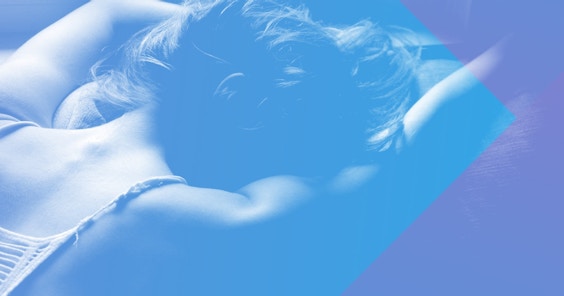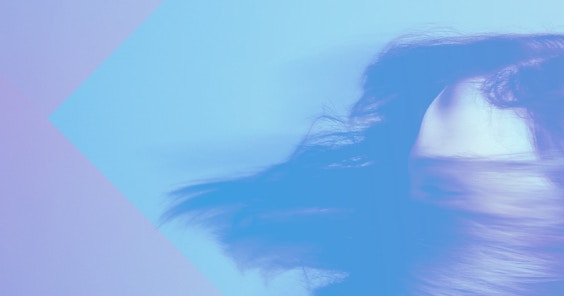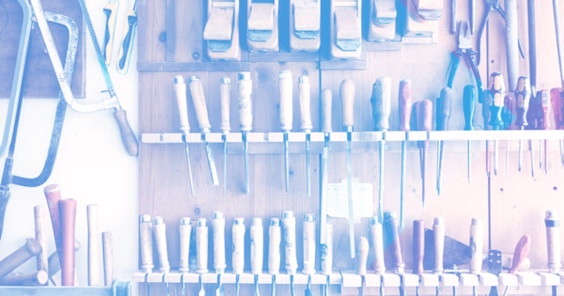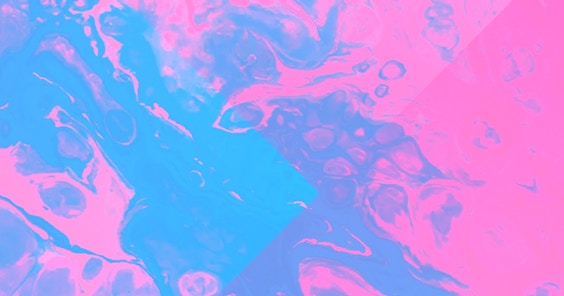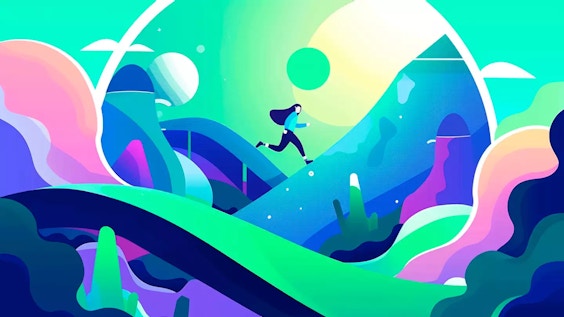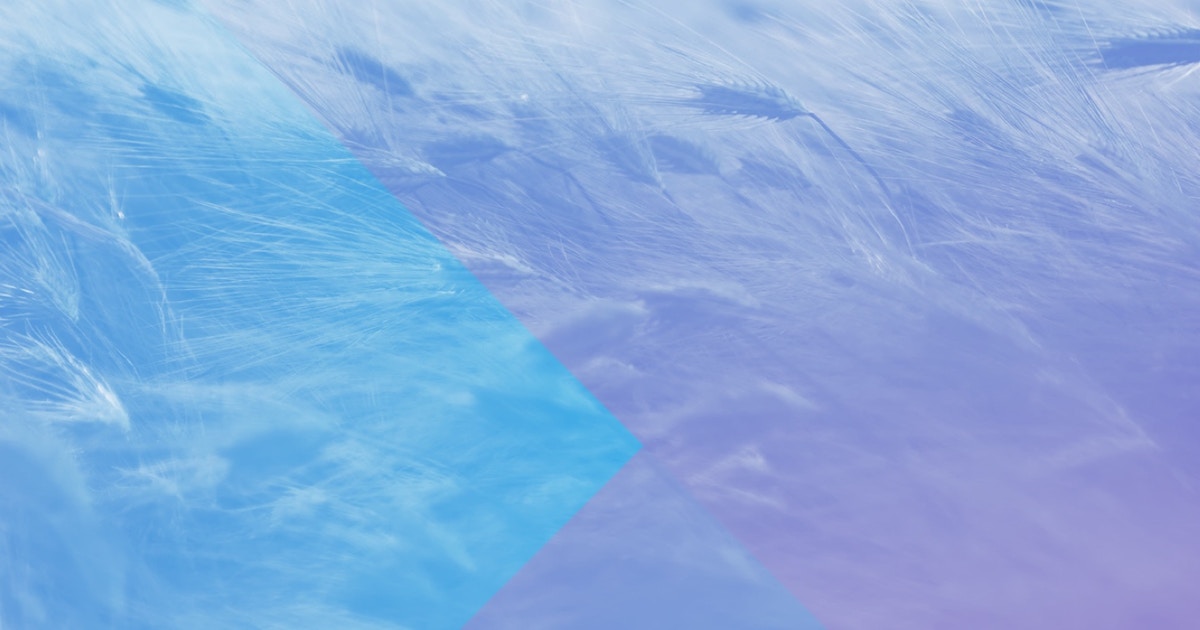
Alcohol And Anxiety
Last Updated: Fri, January 19, 2024Alcohol and anxiety share a “chicken and the egg” relationship. Sometimes people with anxiety exacerbate the problem with drinking. Sometimes drinking leads to severe anxiety disorders. It can be a vicious cycle of anxiety provoking drinking and drinking causing anxiety. What we do know is the two can be linked. Many people have both Alcohol Use Disorder and Social Anxiety Disorder; that’s 6.2% or 15.1 million American adults suffering from AUD in 2015 and 7.1% of American adults suffering from Social anxiety in 2017.
To better understand the relationship between these two disorders, here’s a breakdown of anxiety and alcohol’s impact on it.
What Is Anxiety?
Almost everyone has felt anxious or afraid. Anxiety is usually brought on by stress, threats to our safety, or uncomfortable situations. However, someone who suffers from an anxiety disorder experiences so much anxiety that it causes them great distress.
What Is A Social Anxiety Disorder (SAD)?
A social anxiety disorder is an anxiety disorder that’s triggered by social situations. Some notable symptoms include:
-
Excessive worrying about future or upcoming social events
-
Negative thinking while in the company of others
-
Fear or borderline paranoia regarding the judgement of others
How Does Alcohol Affect Anxiety?
Typically, people who are suffering from an anxiety disorder – and social anxiety in particular – tend to self-medicate, knowing that alcohol will assuage some of the initial symptoms of anxiety. Anxiety has a tendency to make a person feel on-edge. They tense up as a result. Alcohol lowers inhibitions and helps anxious people relax, talk freely, and not think about the consequences of their actions while under the influence.
Many alcoholics in recovery concede that alcohol helped them to numb their feelings. But alcohol is a poison. When it leaves the body, people experience worse anxiety than before – especially when you add dehydration, altered brain chemistry (and serotonin levels), and poor sleep to the mix. This can cause alcohol-induced anxiety. In many cases (at least 20%) withdrawal from alcohol leads people to continue drinking in an effort to stave off further anxiety. Of course, because of the addictive nature of alcohol, many people start to build a tolerance or become dependent on alcohol. Dependence makes it even more difficult to stop.
Relapsing After Getting Sober
Alcohol can cause anxiety, and anxiety can compel people to drink. Although they’re linked together, they need to be treated separately when there is an independent anxiety disorder that is not caused by alcohol. This is why, after detox, clients need treatment to manage their anxiety.
Anxiety needs to be treated along with detoxification. All too often, someone will show great promise and complete a 30-day rehab program with dedication and compliance. Then, on their first day outside the facility, they relapse due to their untreated anxiety. This is why Olivier Ameisen once made the observation that rehab is like “respite” rather than rehabilitation.
How Does Alcohol Withdrawal Affect Anxiety
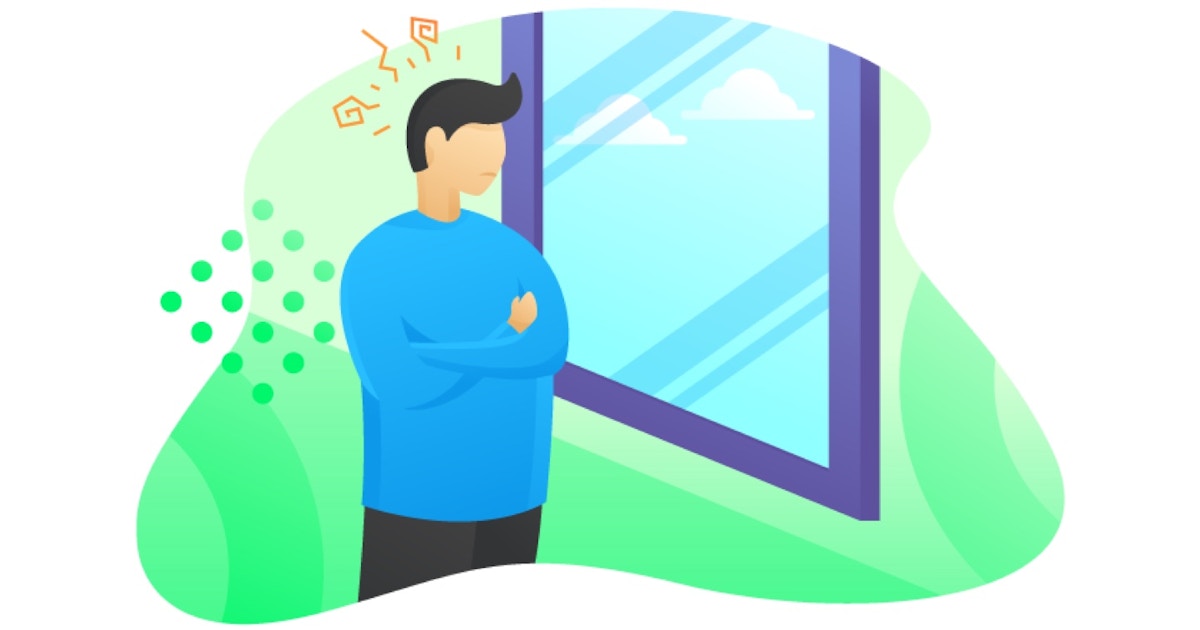
Unfortunately, alcohol withdrawal exacerbates anxiety, especially in the first 24 hours sober from alcohol. Part of the reason this period is so painful is because the brain that was used to alcohol is thrown out of balance when alcohol goes away. As a result, there’s a simultaneous flood and deprivation of chemicals in the brain. This can temporarily make anxiety worse. Fortunately, treatment centers give medications to take away the anxiety of withdrawal.
When Will My Anxiety Improve In Sobriety
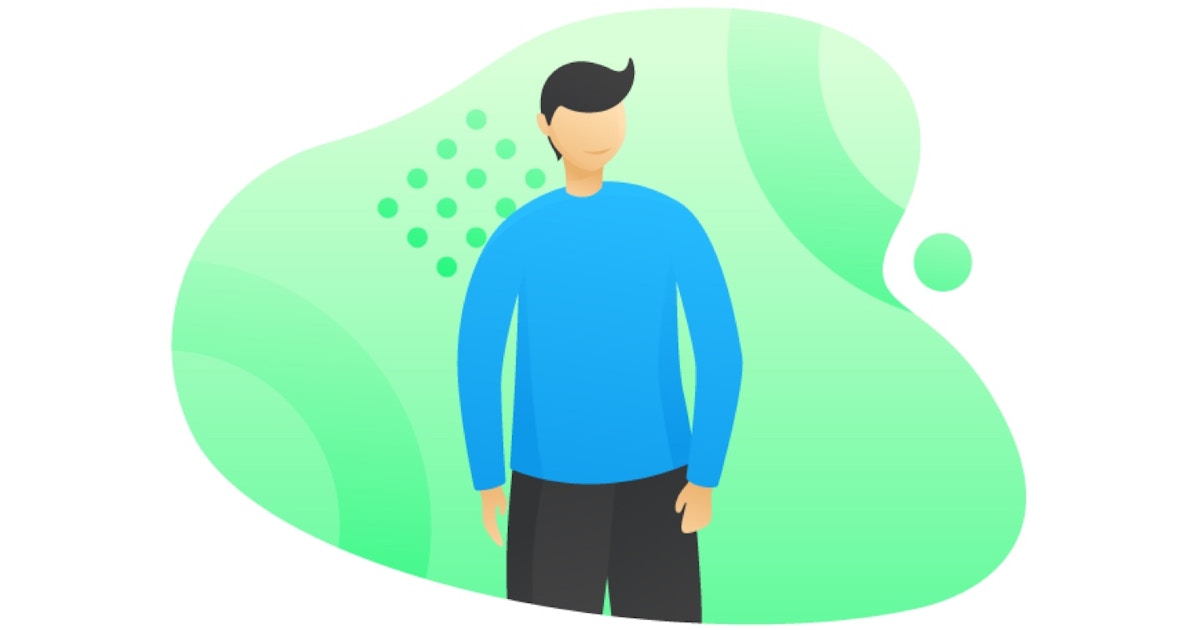
Alcohol usually causes more anxiety than there was before alcohol. When you stop drinking, your anxiety will usually lessen over time. If you have an anxiety disorder, however, you will go back to being as anxious as you were before you started drinking. Because of this, alcohol use disorder and anxiety disorders need to both be treated to ensure your anxiety improves in sobriety.
That said, based on the responses we have received from the I Am Sober App community, the majority of people see an improvement in their anxiety by the 2 week mark.
What Are Some Ways I Can Improve My Anxiety?
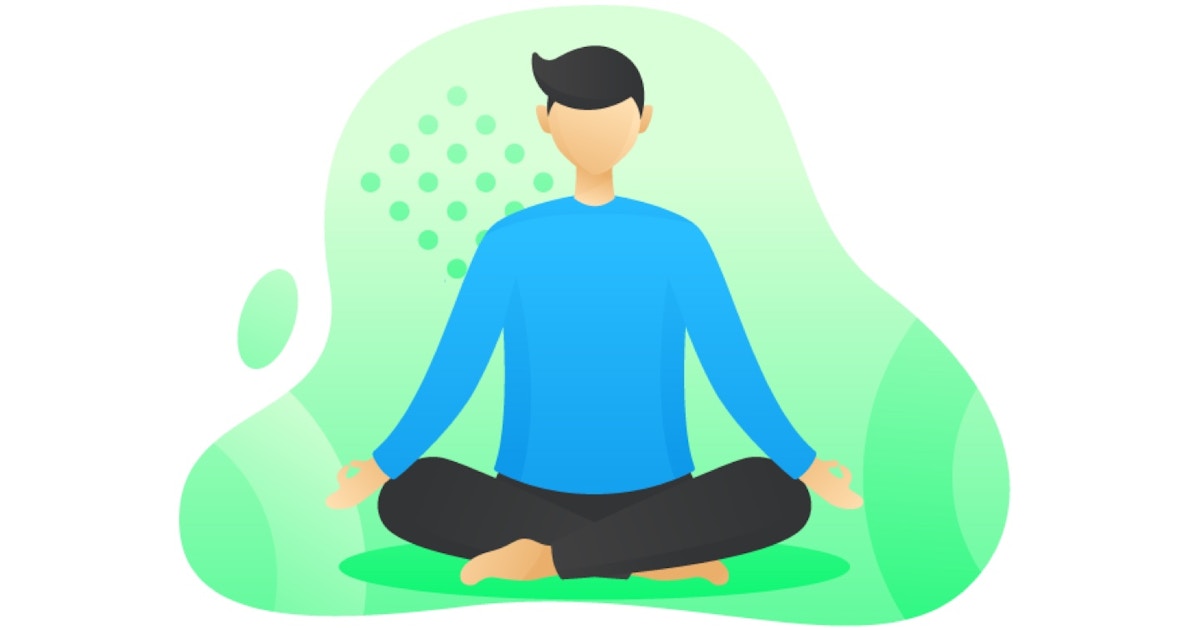
Therapy is almost always beneficial for anxiety. It helps to talk through your thoughts and feelings with an objective third-party so you can become more in touch with yourself and more cognizant of your actions. To improve your anxiety, consider some of these tips:
-
Challenge Your Thoughts
Frequently, those suffering from anxiety experience negative thoughts and counterproductive “what if” fears about is going to happen. They “awfulize.” However, one of the useful ways to overcome this problem is by imagining the scenario to its full extent. As you think it through, the “catastrophizing” diminishes. Then you recognize you can abandon the thought.
-
Avoid Cross Addiction
It’s all too common for addicts to try to soothe themselves by substituting one addiction for another. You might stop drinking but then start to eat compulsively, or spend too much time on the Internet. This is called “cross addiction.” Unfortunately, addiction is addiction, so if you cross addict, you are still harming yourself and not getting to the root of the problem. Rather than numbing pain with pleasure, you want to resolve and manage your anxiety skillfully.
-
Practice Stillness
One of the best ways to reduce anxiety is to practice mindful stillness. A good place to start is by sitting quietly and focusing on the breath. Then you can note rapid thoughts and negative self-criticisms arise in your still awareness and let these thoughts go as you return to your breath. Yoga, a quiet cup of coffee on the back porch, or a slow walk in nature can also help to create calm.
Again, the best thing you can do to improve your anxiety is to stop feeding it fuel (in the form of alcohol) and have the disorder treated by a professional in the same way you should (would) for alcohol addiction.
I Am Sober is a free app that helps you get some control back in your life.
